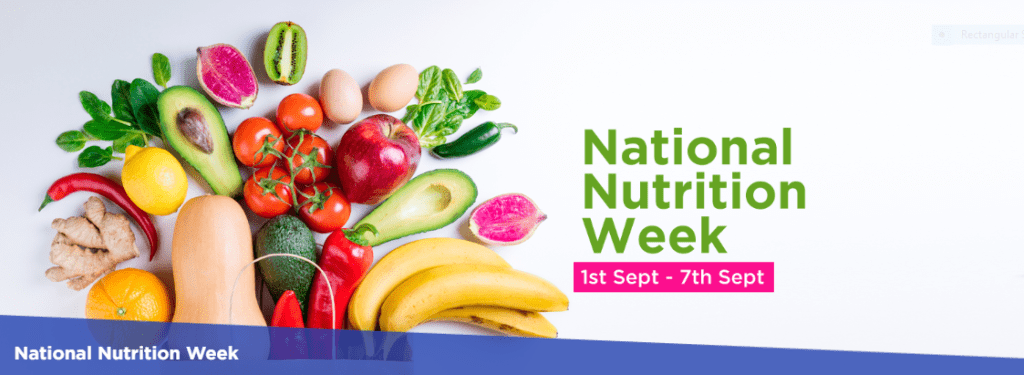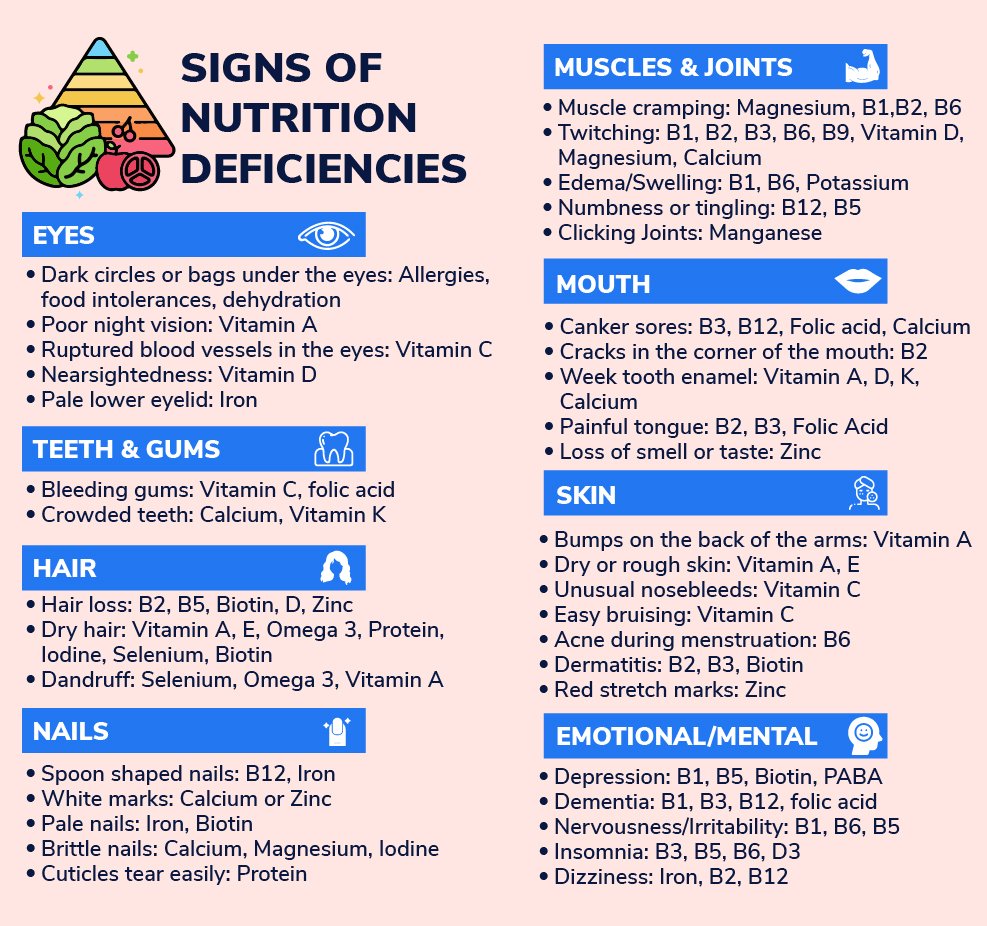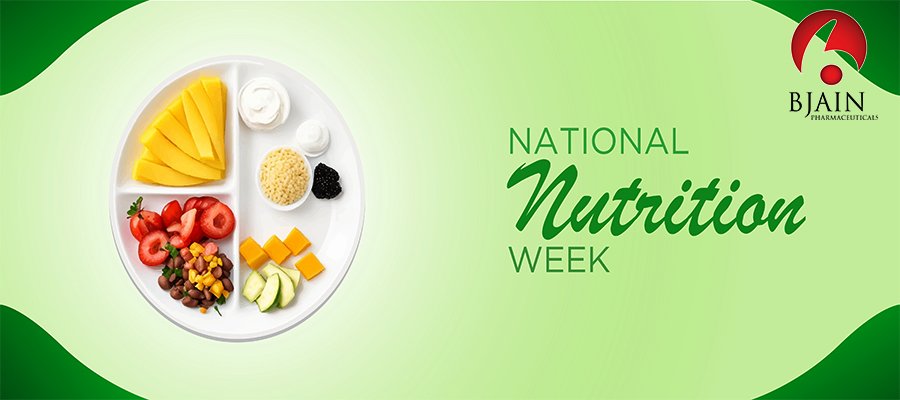In the year 1975, a significant milestone in the realm of public health and nutrition was achieved as National Nutrition Week was established.

National Nutrition Week aims to raise awareness about the importance of good nutrition and promote healthier eating habits, ultimately contributing to improved public health and well-being. It also serves as a platform to address malnutrition and related health issues while advocating for policies that support better nutrition for all.
The theme of last year was– “Celebrate a World of Flavours”. The theme for this year is “Healthy Diet Gawing Affordable for All.”
Introduction:
Nutrition plays a pivotal role in our lives, affecting not only our physical health but also our mental well-being. As we celebrate National Nutritional Week, it is the perfect time to delve into the significance of good nutrition and how it can contribute to a healthier, happier life.
Nutrition is a science of food and its relationship to health. It encompasses the consumption of macronutrients (vitamins and minerals) to support bodily functions, growth, and overall vitality. A well-balanced diet is essential for optimal health.
The Impact of Nutrition on Health:
- Physical Health:
- Weight Management: Proper nutrition helps maintain a healthy weight, reducing the risk of obesity and related diseases like diabetes and heart disease.
- Strong Immune System: A well-nourished body is better equipped to fend off infections and illnesses.
- Energy Levels: Nutrient rich foods provide sustained energy for daily activities and exercise.
- Bone and Muscle Health: Calcium and protein intake are crucial for strong bones and muscles.
- Digestive Health: A fiber-rich diet promotes good digestion and prevents gastrointestinal issues.
2. Mental Health:
- Brain Function: Nutrients like omega-3 fatty acids and antioxidants support cognitive function and memory.
- Mood Regulation: A balanced diet can help stabilize mood and reduce the risk of depression and anxiety.
- Mental Clarity: Proper nutrition contributes to mental clarity and focus.
3. Longevity:
- Nutrient-rich diets are associated with a longer and healthier lifespan.
Cracking the Code of Nutritional Deficiences: Causes and Consequences
What is Nutritional Deficiency?
Nutritional deficiencies, refer to health conditions or disorders that result from a lack of essential nutrients include vitamins, minerals, proteins, fats, and carbohydrates, which are necessary for the proper functioning of the human body.
A nutritional deficiency occurs when the body does not receive an adequate supply of one or more of these essential nutrients. This can happen due to various reasons, such as insufficient intake of nutrient-rich foods, poor dietary choices, malabsorption issues, certain medical conditions, or increased nutrient requirements during specific life stages (e.g., pregnancy or infancy). HOMEOPATHY HELPS VERY WELL TO BALANCE HEALTHY LIFE. SOME MEDICINES OR SYRUPS ARE HELPFUL LIKE ALFA & GINSENG SYRUP

Here are some common Nutritional Deficiency Diseases:
- Obesity: while not directly a nutritional deficiency, obesity often results from overnutrition, specifically excessive calorie intake, especially from high sugar and high fat foods. It is a significant risk factor for numerous health issues, including diabetes, heart disease, and certain cancers.
- Type 2 diabetes: Poor dietary choices, such as excessive consumption of sugary foods and drinks and a lack of fiber-rich foods, can contribute to insulin resistance and the development of type 2 diabetes.
- Heart Disease: Diets high in saturated and trans fats, as well as excessive sodium intake, can increase the risk of heart disease. Conversely, a diet rich in fruits, vegetables, whole grains, and healthy fats can help lower the risk.
- Hypertension (High Blood Pressure): High sodium intake, often due to processed and fast foods, can lead to hypertension. A diet low in sodium and high in potassium can help manage blood pressure.
- Osteoporosis: Inadequate intake of calcium and vitamin D can result in weakened bones and increase the risk of osteoporosis, a condition characterized by brittle and fragile bones.
- Iron-Deficiency Anemia: A diet lacking in iron-rich foods can lead to anemia, which results in fatigue, weakness, and pale skin. This is especially common in individuals with poor diets, vegetarians and vegans, and women with heavy menstrual bleeding.
- Vitamin A Deficiency: Insufficient vitamin A intake can lead to vision problems, compromised immune function, and even blindness in severe cases.
- Iodine Deficiency Disorders: A lack of iodine in the diet can lead to thyroid-related problems and, in extreme cases, goiter.
- Vitamin C Deficiency (Scurvy): A deficiency in vitamin C, found in fruits and vegetables, can result in scurvy, which causes weakness, anemia, and gum disease.
- Beriberi and Pellagra: These are diseases caused by deficiencies In thiamine (vitamin B1) and niacin (vitamin B3), respectively. They can lead to a range of symptoms, including nerve damage and skin disorders.
- Kwashiorkor and Marasmus: These severe forms of malnutrition primarily affect children in impoverished areas and result from a lack of protein and overall calories. Kwashiorkor is characterized by swollen bellies due to fluid retention, while marasmus leads to extreme wasting and muscle loss.
- Vitamin D Deficiency: Inadequate intake of vitamin D can result in weakened bones, muscle pain, and an increased risk of fractures.
- Vitamin B12 Deficiency: Inadequate intake of vitamin B12 can result in anemia, nerve damage, and cognitive problems.
- Calcium Deficiency: A deficiency in calcium can lead to weakened bones (osteoporosis) and an increased risk of fractures.
- Folate Deficiency: Insufficient folate intake can lead to anemia and developmental issues during pregnancy.
- Protein-Energy Malnutrition: This is severe form of nutritional deficiency that results from insufficient intake of calories and protein. It can lead to wasting and stunting in children and severe weakness in adults.

What is Malnutrition?
Malnutrition is a serious global health issue characterized by an imbalance in the intake of essential nutrients, which can lead to adverse health effects. It is a pervasive global health challenge that silently affects millions of lives.
It can occur in several forms:
- Undernutrition: This is when individuals do not receive enough essential nutrients, such as calories, protein, vitamins, and minerals, to meet their body’s needs. It often leads to weight loss, stunted growth (especially in children), and weakened immune systems. Chronic undernutrition can result in conditions like stunting and wasting.
- Overnutrition: Overnutrition occurs when individuals consume an excess of calories and often unhealthy foods, leading to obesity and health related problems like diabetes, cardiovascular disease, and certain types of cancer.
- Micronutrient Deficiencies: Even when individuals consume enough calories, they may still suffer from malnutrition if their diet lacks vitamins and minerals. Common micronutrient deficiencies include iron-deficiency anemia, vitamin A deficiency, and iodine deficiency disorders.
Malnutrition is influenced by various factors, including poverty, limited access to nutritious foods, inadequate healthcare, and improper feeding practices. It affects people of all ages, but children and pregnant women are particularly vulnerable. TO BUY HOMEOPATHIC MEDICINES ONLINE FOR NUTRITIONAL DEFICIENCY.
Practical Tips for a Balanced Diet:
- Eat a variety of foods: Incorporate fruits, vegetables, whole grains, lean proteins, and healthy fats into your meals.
- Portion Control: Use smaller plates and utensils to help with portion control.
- Hydration: Drink plenty of water daily.
- Limit Processed foods: Reduce the intake of foods high in added sugars, saturated fats, and sodium.
- Plan your Meals: Preparing meals at home always you to control ingredients and make healthier choices.
- Read labels: Pay attention to nutritional labels to make informed food choices.
- Listen to your body: Eat when you are hungry and stop when you are satisfied.
Conclusion:
Nutrition is the cornerstone of a healthy life, impacting both are physical and mental well-being. As we celebrate National Nutrition Week, let’s commit to making informed choices about what we eat. By adopting a balanced diet and prioritizing nutrition, we can pave the way for a healthier and happier future. Remember good nutrition is not just a weekly celebration; it’s a lifelong commitment to wellness.

Dr Simranjit Kaur
Dr Simranjit Kaur is a highly accomplished medical professional with a BHMS degree from BVDU Pune and additional qualifications including CGO and MBA(Hospital Administration). With a passion for paediatric care, Dr. Simranjit pursed a fellowship in paediatrics, honing expertise in the specialized field. Currently Research Officer at BJain Pharmaceuticals.



